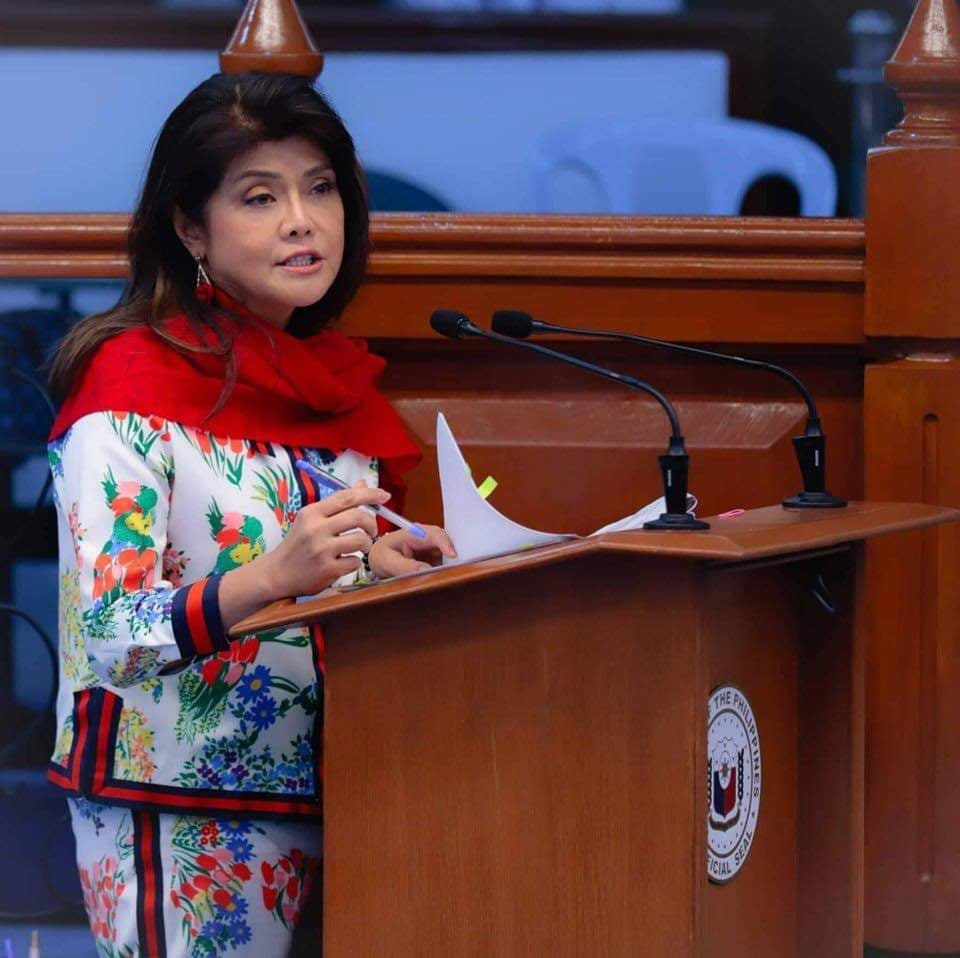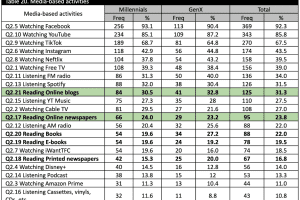As fear of the new COVID-19 variant Omicron spreads worldwide, Senator Imee Marcos has urged health authorities in government and the private sector to promptly take up the World Health Organization’s offer to share new blood-testing technology meant for free manufacture and easy use in rural areas.
Marcos said increasing the country’s testing capacity “now more than ever” by acquiring the new technology will buttress the national jab program that is still troubled by public hesitancy, insufficient cold storage and transport to island and mountain provinces, and a looming global shortage of syringe needles.
“Mass vaccination alone is not enough for pandemic control if new variants like Delta and Omicron keep emerging. We need to get ahead of their spread through early detection and isolation, if we don’t want more blanket lockdowns and a further drag on our economy,” the Senate economic affairs committee chairman explained, ahead of the government’s three-day mass vaccination push starting Monday.
Marcos added that health experts are now preparing for a scenario that Omicron may render vaccines less effective, with numerous mutations detected in its spike protein that allows the virus to enter human cells.
The new blood-testing technology developer, Consejo Superior de Investigaciones Cientificas (Spanish National Research Council), has signed a licensing agreement with the WHO’s COVID-19 Technology Access Pool and the Medicine Patent Pool to waive its royalties until the last patent expires and to teach and train sub-licensees.
“The government and health industry players should acquire sub-licenses being offered for free to learn and manufacture this technology. It’s a solution to vaccine inequity in low- and middle-income countries, in our poorer municipalities,” Marcos said.
Rural areas that have basic laboratory infrastructure can use the new technology that detects COVID-19 antibodies activated by infection or vaccination, with results readable to the naked eye, the WHO announced.
The Philippines has fully vaccinated some 40 million or 36% of the country’s estimated 111 million people but is hard put to meet its 70-percent target by yearend.
Although the country’s infection rate has gone down from a high of more than 26,000 per day in September to less than 1,000 the past week, Marcos warned that “we are not immune to a pandemic resurgence now taking place in Africa and Europe.”
“With fewer Covid cases and Christmas approaching, our celebratory mood may throw caution to the wind. Let’s get those sub-licenses, increase our testing capacity, and guard our future,” Marcos said.












